‘Hold Their Feet To the Fire’: Getting A COVID-19 Vaccine To Hard Hit Indian Country
Enlarge this image
Tribal leaders on the Rosebud Reservation in South Dakota say they plan to hold IHS accountable as the first vaccines are set to be delivered to Indian Country.
Kirk Siegler/NPR
hide caption
toggle caption
Kirk Siegler/NPR
Short Wave
The CDC Doesn’t Know Enough About Coronavirus In Tribal Nations
Coronavirus Updates
To Limit COVID-19, Navajo Leader Says: ‘Listen To Your Public Health Professionals’
Only a handful of Hartwig’s frontline workers are expected to get the initial Pfizer vaccine because the tribe doesn’t have the special refrigeration and storage it requires. But she’s OK with waiting a few more weeks for the expected second Moderna vaccine that won’t need that. It’s a feat in and of itself to be getting a vaccine this fast to rural Lapwei, Idaho, pop. 1,000.
«I’m thankful for that, Hartwig says. «If I have to scramble some to make sure my community is safe, that’s what I’ve committed my life to.
Enlarge this image
On the Nez Perce Reservation, Dr. R. Kim Hartwig is scrambling to manage testing and treating patients for COVID-19 and other health issues, while also racing to get a vaccine distribution plan in place.
R. Kim Hartwig
hide caption
toggle caption
R. Kim Hartwig
Shots — Health News
As Pandemic Deaths Add Up, Racial Disparities Persist — And In Some Cases Worsen
«We’re going to hold their feet to the fire because it’s their trust responsibility, their treaty obligation, says Rodney Bordeaux, president of the Rosebud Sioux Tribe.
At the IHS hospital in Rosebud, South Dakota, only ten of the thirty beds are even being used right now due to staff shortages. The tribe has had some of the highest COVID-19 rates of infection in the region. Curfews, mask mandates and other lockdowns have been enforced, Bordeaux says, unlike in the surrounding state.
If the IHS fails to distribute the vaccine as planned, Bordeaux says hopefully Congress will provide another round of stimulus as a backup.
«It’s very bad, we’ve tried working with Congress to get more funding but we have not [yet] been able to do that, he says.
Already CARES Act funds helped pay for mobile units that his tribe will use to deliver the vaccine to communities across its 2,000-square-mile reservation.
- COVID-19 vaccine
- COVID-19
- indian country
- vaccine
- Health Care
Обсудим?
Смотрите также:


